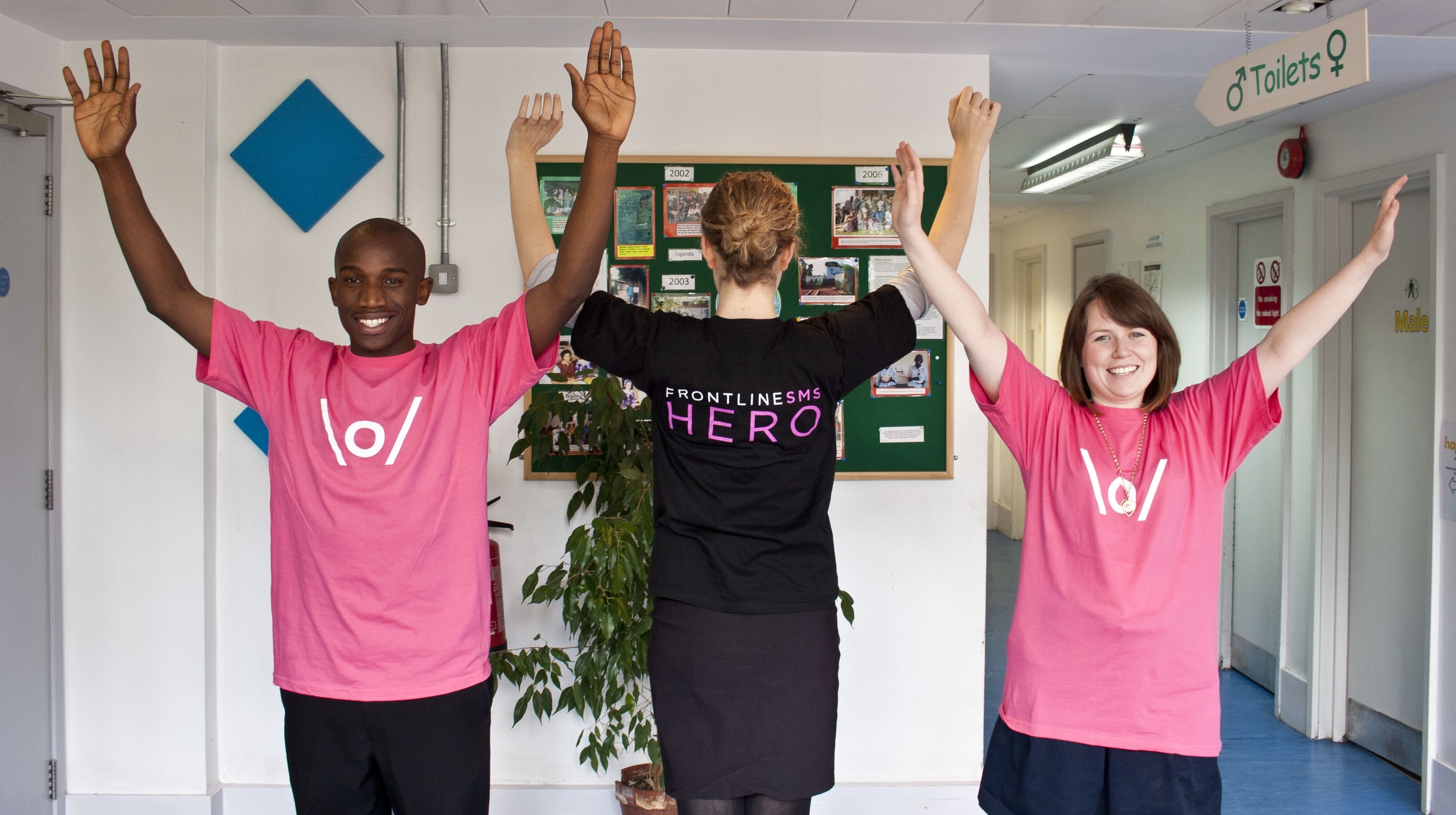 Want to know more about using mobiles for social change, crowd sourced mapping, and how the two can combine? Keen to learn more about FrontlineSMS and Ushahidi, and how these software tools can be used together to enable positive social change? If you have questions about these tools which you’ve never had the chance to ask then Monday 7th November is your chance, at upcoming event: SMS to Map: Using FrontlineSMS and Ushahidi to tell your story.
This exciting event will take place in two cities on one evening; at the iHub in Nairobi, Kenya, from 6-8pm EAT and then later on at Goldsmiths University of London, UK, at 7-9pm GMT. Both events will host presentations on FrontlineSMS and Ushahidi, and will also hear from some community experts who have used these tools together in action for social change projects in various different countries and contexts across the world.
Want to know more about using mobiles for social change, crowd sourced mapping, and how the two can combine? Keen to learn more about FrontlineSMS and Ushahidi, and how these software tools can be used together to enable positive social change? If you have questions about these tools which you’ve never had the chance to ask then Monday 7th November is your chance, at upcoming event: SMS to Map: Using FrontlineSMS and Ushahidi to tell your story.
This exciting event will take place in two cities on one evening; at the iHub in Nairobi, Kenya, from 6-8pm EAT and then later on at Goldsmiths University of London, UK, at 7-9pm GMT. Both events will host presentations on FrontlineSMS and Ushahidi, and will also hear from some community experts who have used these tools together in action for social change projects in various different countries and contexts across the world.
There is a wealth of experienced speakers contributing to the event, including: Laura Walker Hudson (FrontlineSMS), Heather Leson (Ushahidi), Sharon Langevin (FrontlineSMS:Credit), Limo Taboi (Ushahidi), Anahi Ayala Iacucci (Internews Network), Linda Raftree (Plan International) and Claire Wardle (freelance trainer and researcher, currently working with the BBC College of Journalism). With this agenda the event will have something for novices and experienced techies alike! And if you'd like to come you can register here today!
FrontlineSMS and Ushahidi have been used together in many powerful and inspiring ways; to monitor elections in Nigeria; to map harassment on the street of Egypt; to track incidences of violence against children in Benin; to demonstrate and challenge incidences of human rights abuse in the Democratic Republic of Congo; and these are just a few examples. FrontlineSMS provides users with the ability to send receive and effectively manage large numbers of SMS, and Ushahidi software enables information visualization, interactive mapping and information collection through crowdsourcing methodology. When used together the tools enable people to collect SMS data and then visualize it with powerful results, as the case study examples show.
The aim of this event is to provide a meeting space for the communities of those who use or are keen to learn more about both FrontlineSMS and Ushahidi software. FrontlineSMS and Ushahidi technologies often appeal to similar audiences: those supportive of open source software, and those working for social change in contexts where people may struggle to get their voices heard via other means. We’ve also got a similar ethos towards prioritising the importance of understanding people who use our tools, and being committed to building and supporting our community of users. And as if that wasn’t enough cross over both teams of developers work from the same offices in Nairobi, too! Through facilitating this event we hope to build on existing collaborations and inspire more future uses of FrontlineSMS and Ushahidi together.
The event itself will be co-hosted by FrontlineSMS, Ushahidi, the iHub (Nairobi, Kenya) and Goldsmiths University (London, UK). Many thanks to the iHub for hosting the Nairobi-based event and to Goldsmiths University of London for sponsoring the London-based event, as well as to all others who have helped pull this exciting event program together. We all look forward to seeing you there next week!
For more info and/ or to register now visit: http://smstomap.eventbrite.com/ To follow the event on Twitter use the hash tag #smsmap We will be blogging about the event, and hope to make videos of presentations available after the event too





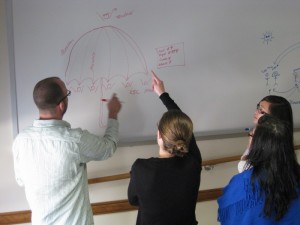
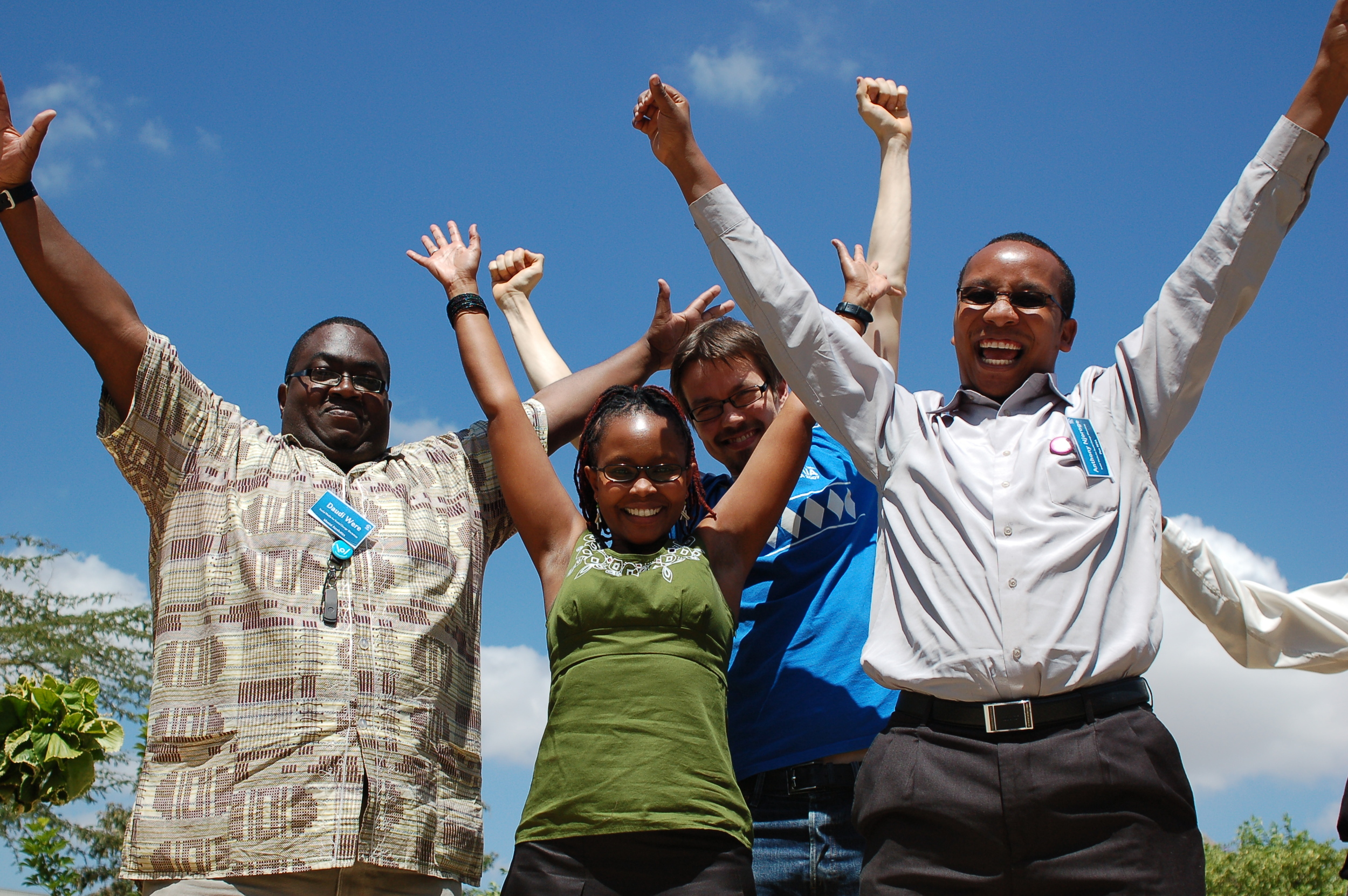
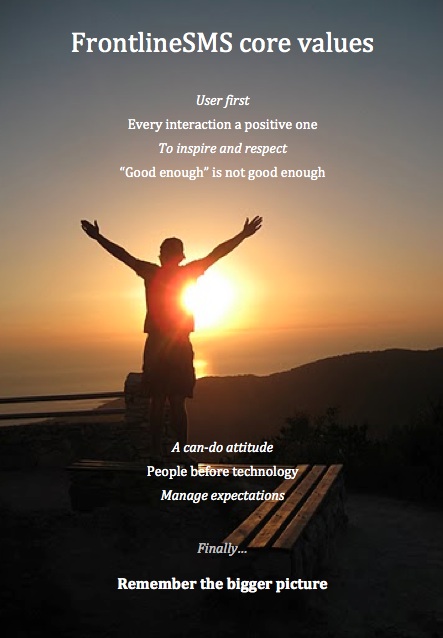



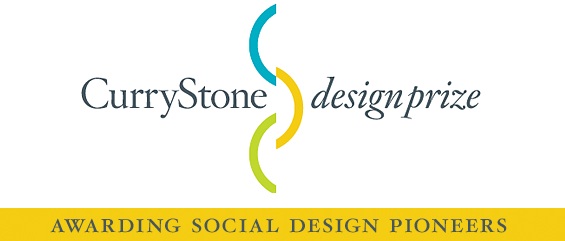
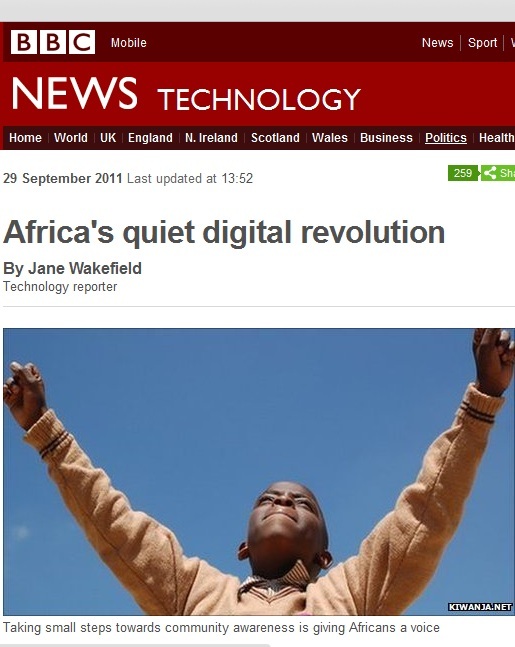



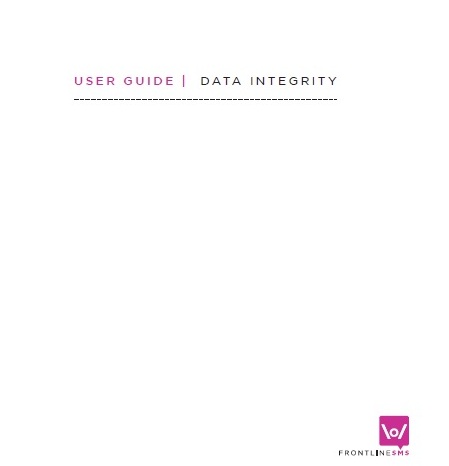 We were excited to join colleagues and friends in Washington, DC, on Tuesday 9th August to release the first edition of our
We were excited to join colleagues and friends in Washington, DC, on Tuesday 9th August to release the first edition of our 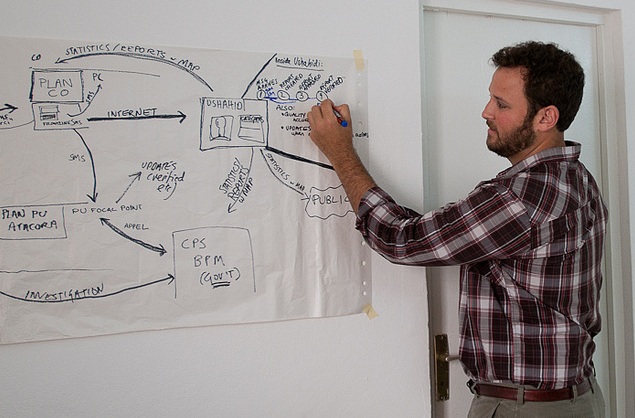
 FrontlineSMS is growing fast - we have more than quadrupled the size of our team in the past few years, and we now have staff based over three continents, with offices in the UK, US and Kenya.
Funding our work in new ways and providing new services to our users means getting better at tracking how much time we spend on things. We also have the happy problem of trying to stop our staff consistently staying up late and getting up early, and working weekends to get everything done - or at least trying to make sure we don’t all do it all the time.
FrontlineSMS is growing fast - we have more than quadrupled the size of our team in the past few years, and we now have staff based over three continents, with offices in the UK, US and Kenya.
Funding our work in new ways and providing new services to our users means getting better at tracking how much time we spend on things. We also have the happy problem of trying to stop our staff consistently staying up late and getting up early, and working weekends to get everything done - or at least trying to make sure we don’t all do it all the time.
